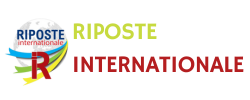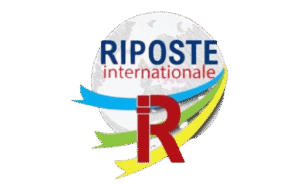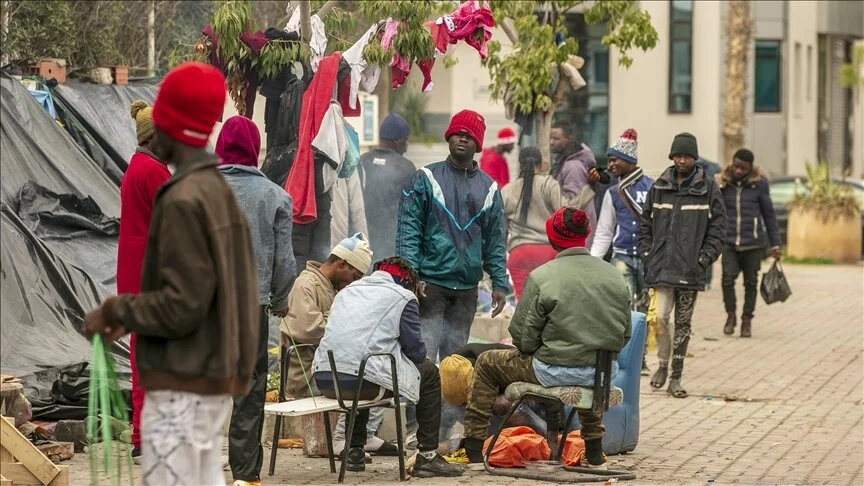More than a year ago, in February 2023, Tunisian President Kaies Saïed delivered a speech with racist overtones, considering that the presence of Sub-Saharan Africans in Tunisia was leading to « violence, crimes and unacceptable practices » and claiming that this presence was « in part a criminal plot to change the demographic composition of Tunisia » and « to distance the country from the ‘Arab and Islamic values' ».
Since then, migrants have continued to be the target of campaigns of violence, raids and attacks in public and private places, and forced displacement to desert borders. Recently, videos documenting brutal
attacks of extreme violence against them have been released, and reliable testimonies have confirmed that campaigns to expel them from their jobs and homes, and to force them to the Algerian and Libyan borders, have not ceased since, as have arrests in police stations and detention centers, outside any legal framework.
The most recent event was the arrest of Christian Kwongang, ex-president of the Association of African Students and Trainees, in a detention center at El Ouardia, which, according to international and Tunisian human rights organizations, is « a lawless zone where people are arbitrarily deprived of their freedoms ».
It seems that these campaigns of violence, persecution, arrest and forced displacement of migrants meet with the approval of most European governments, who see the Tunisian regime – as with all authoritarian
regimes south of the Mediterranean – as nothing more than a solid barrier to the influx of migrants and asylum seekers by any means, including illegal ones.
As a reminder, the signing of the Memorandum of Understanding (MoU) between the European Union and the Tunisian president, in July 2023,coincided with crimes committed against African migrants, violating their rights, displacing and torturing them, some dying of hunger and thirst in the desert.
This has provoked outraged reactions from national and international human rights organizations, which believe that the right-wing governments of the European Union care neither for the lives of migrants nor for their rights, and do not respect the partnership agreements previously signed with southern Mediterranean countries that stipulate respect for human rights, and see the Tunisian state and its security apparatus only as an obstacle to the arrival of migrants, and as a « partner » ready to take back
Tunisian migrants rejected by Europe, at the cost of flagrant violations of European and international law.
The Committee for the Respect of Freedoms and Human Rights in Tunisia (CRLDHT), committed to the principles of human rights and the rights of migrants and asylum seekers :
-Denounces the racist campaigns targeting sub-Saharan African migrants and renews its call on the Tunisian state to stop disseminating racist discourse, to halt the campaigns of violence, displacement and
detention carried out by the security forces and to put an end to the dissemination in virtual space of hate speech by supporters of the regime;
-Supports Christian Kongang’s right to defend the rights of African students, and calls for his immediate release and that of all foreigners unjustly detained, and for the closure of detention centers that do not
meet minimum humanitarian standards;
-Calls on human rights organizations on both shores of the Mediterranean to express their rejection of violations targeting migrants, and to put pressure on governments to respect international law and treaties protecting the rights of migrants and asylum seekers.
March 29, 2024
C.R.L.D.H. Tunisie
Comité pour le Respect des Libertés et des Droits de l’Homme en Tunisie
membre du Réseau Euro-méditerranéen des Droits de l’Homme
21ter rue Voltaire – FR-75011 PARIS-
mail: crldht@proton.me


